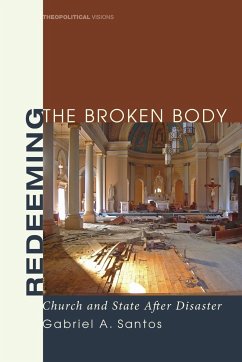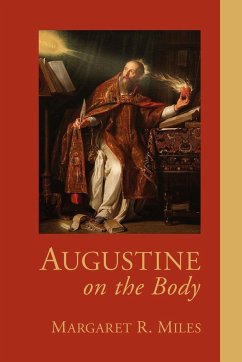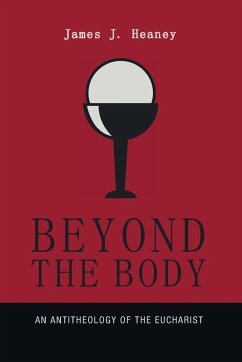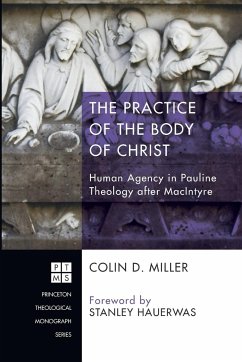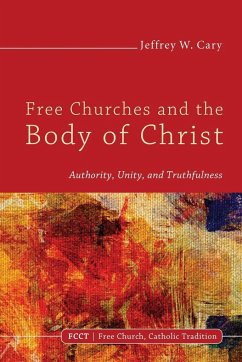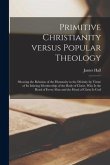A very distinctive and important new option for Christian theology. McFague proposes in a clear and challenging way a theological program based on what she calls 'the organic model' for conceiving God.
Hinweis: Dieser Artikel kann nur an eine deutsche Lieferadresse ausgeliefert werden.
Hinweis: Dieser Artikel kann nur an eine deutsche Lieferadresse ausgeliefert werden.


